
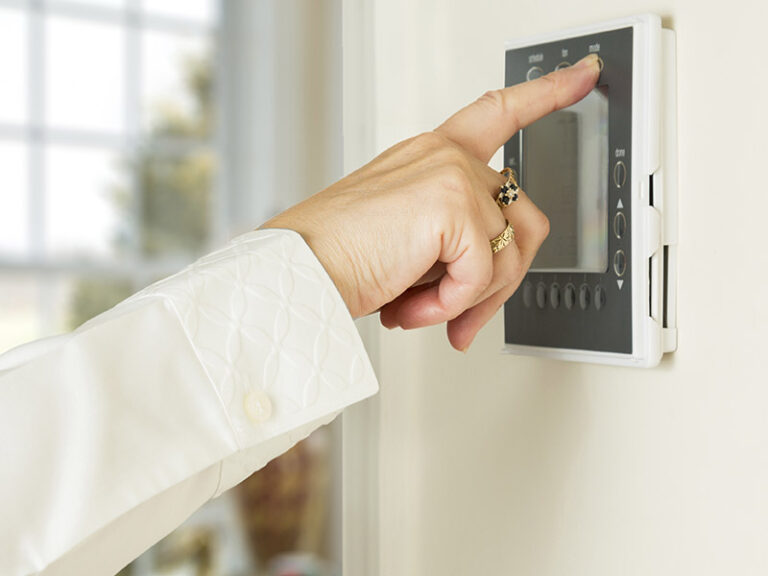
In Overland Park, KS, where summer highs can exceed 90°F and winters dip into the 20s, energy efficiency is a year-round priority. According to the U.S. Department of Energy, homeowners can save up to 10%.....
When it comes to comfort, quality and performance, Trane is a name Lenexa, KS, homeowners trust. At Priced Right Heating & Cooling, we’re proud to offer Trane HVAC systems that deliver dependable heating and cooling.....
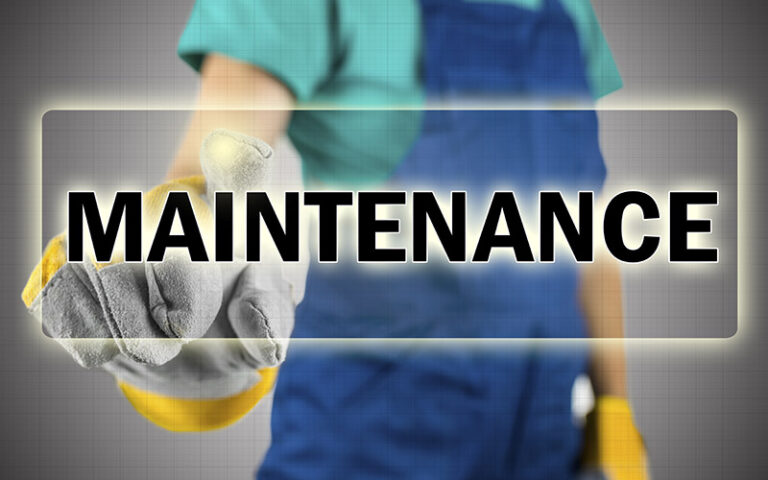
Imagine this: it’s the hottest day of the year in Overland Park, KS, and your air conditioner suddenly sputters and stops working. Frustrating, right? The truth is that regular AC maintenance could have easily prevented.....
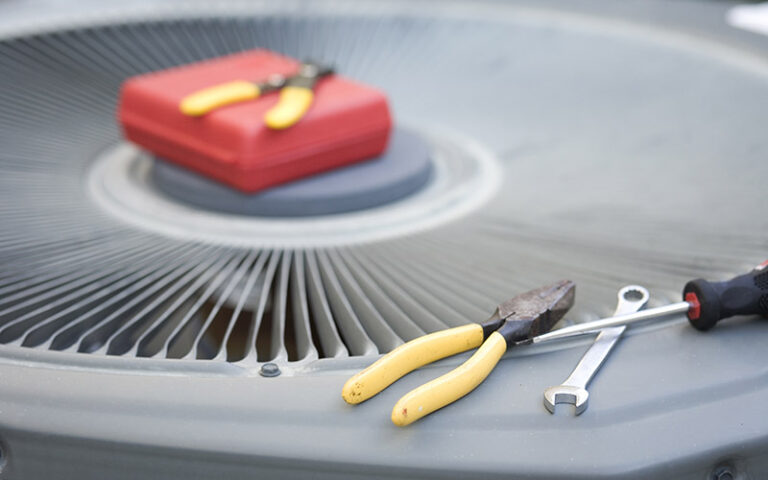
Your HVAC system’s evaporator coil absorbs heat and helps cool your home efficiently. However, when the coil malfunctions, it can lead to discomfort and higher energy costs. Knowing the signs of a failing evaporator coil.....
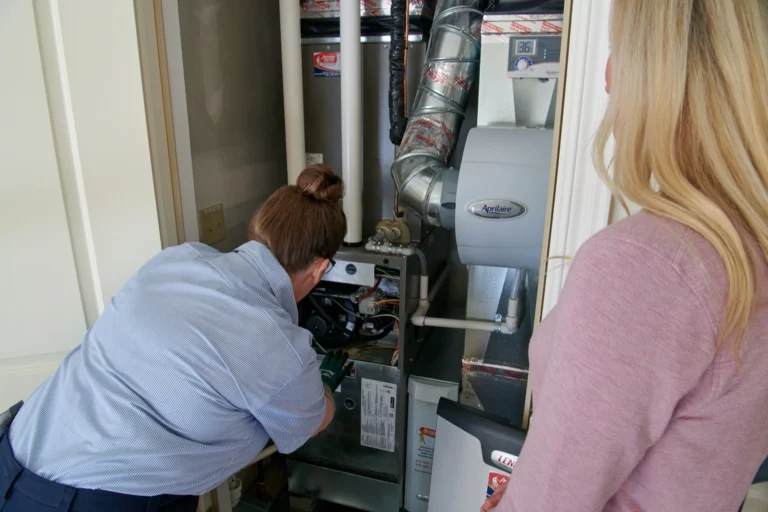
Emergency heating repairs in Johnson County require immediate action from certified HVAC professionals to restore warmth and safety during harsh winter months. Knowing the warning signs and the right steps to take can prevent costly.....
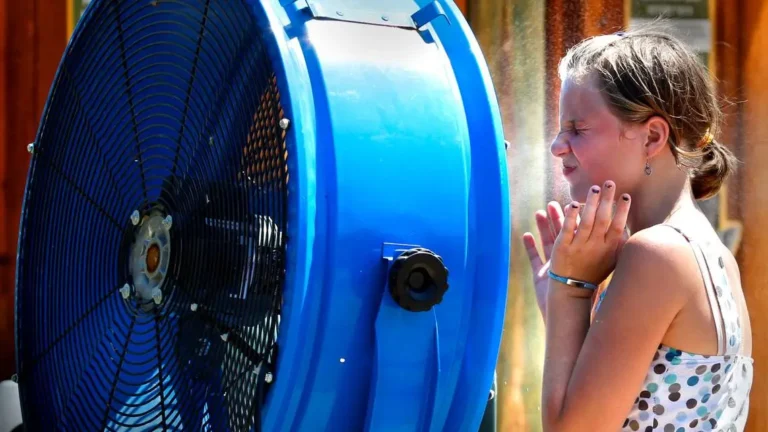
Reducing cooling costs in Johnson County involves practical steps like improving system efficiency, sealing air leaks, and regular maintenance to lower energy consumption. By implementing these strategies, homeowners can achieve significant savings while maintaining a.....